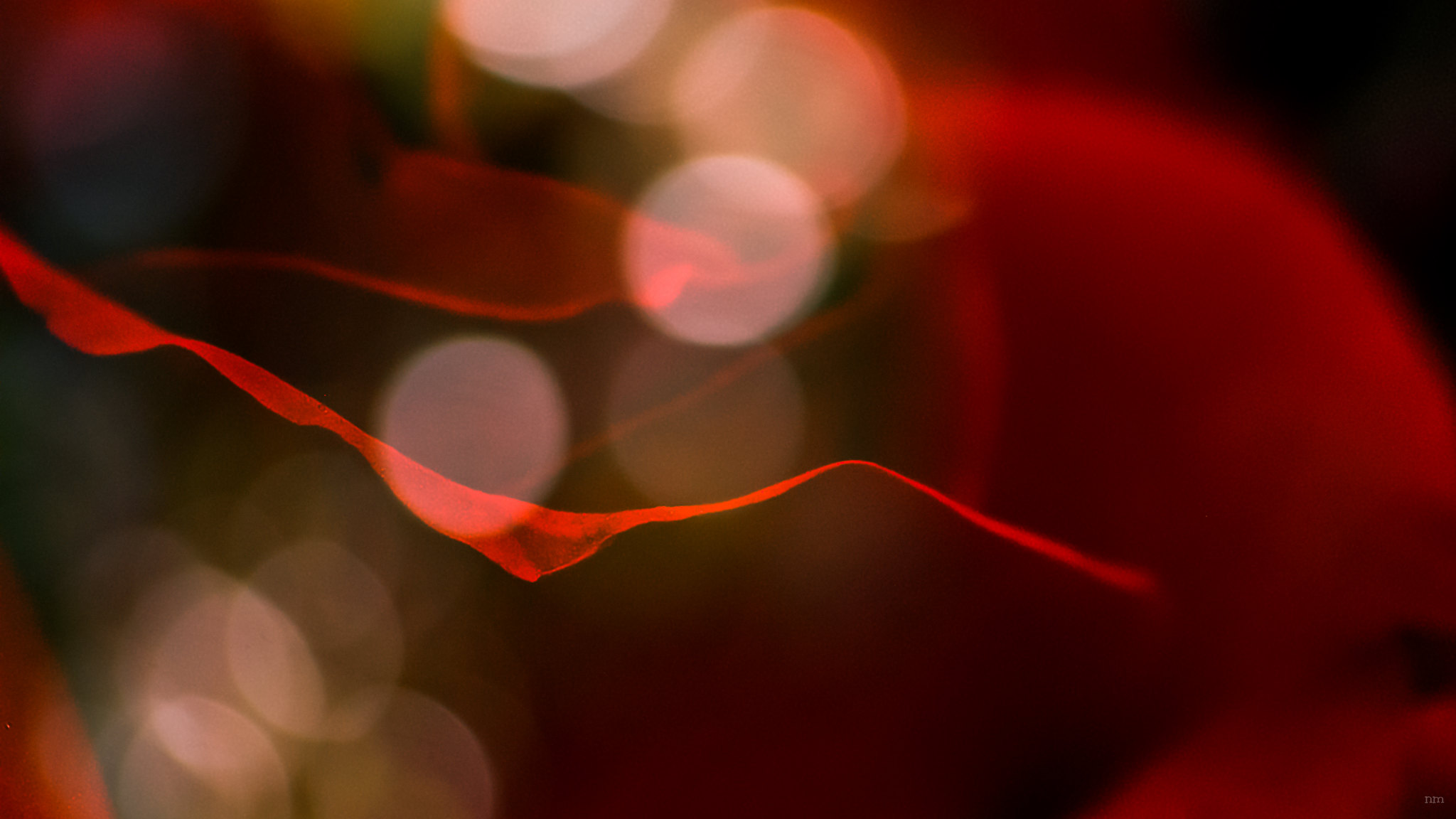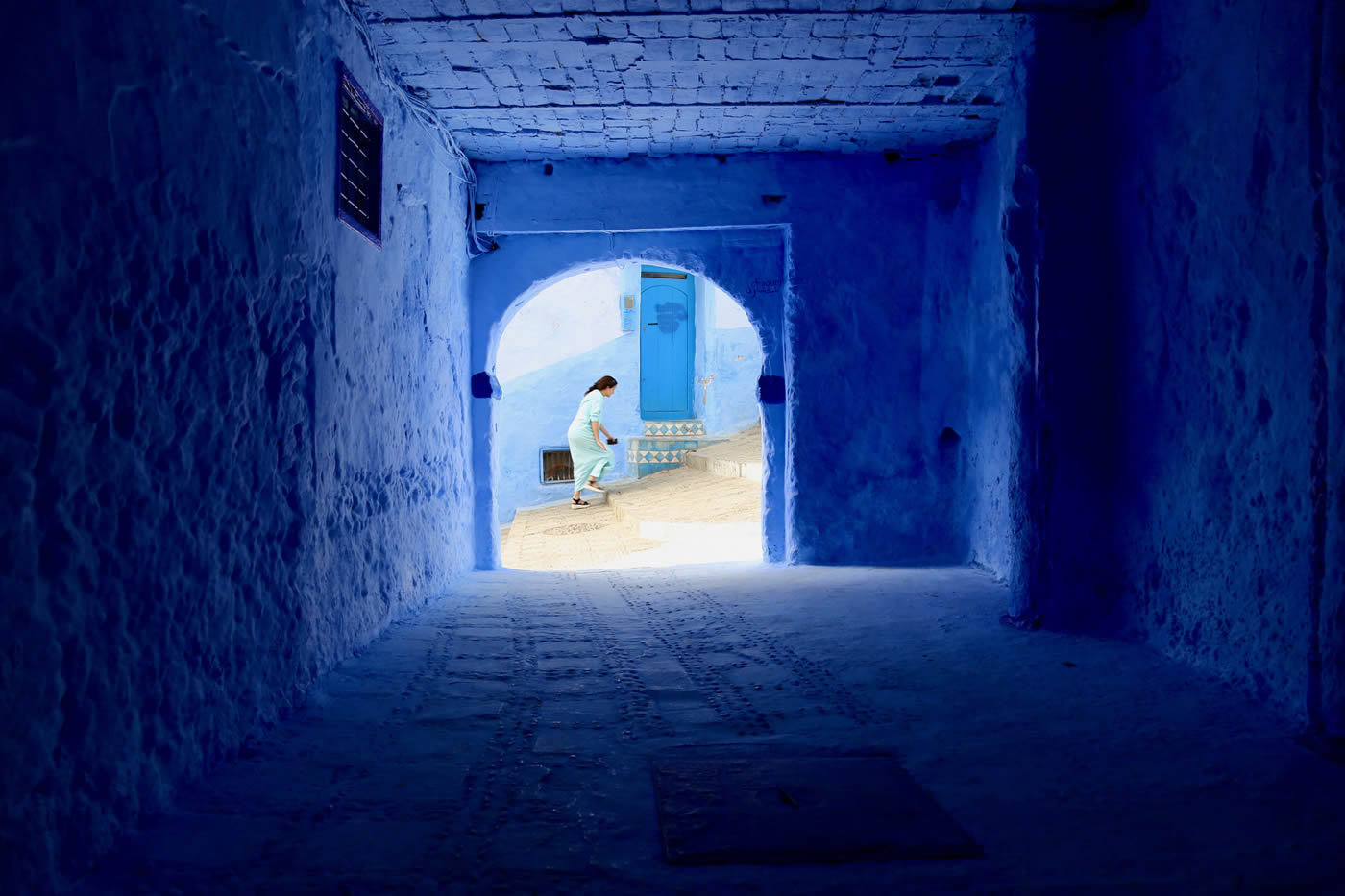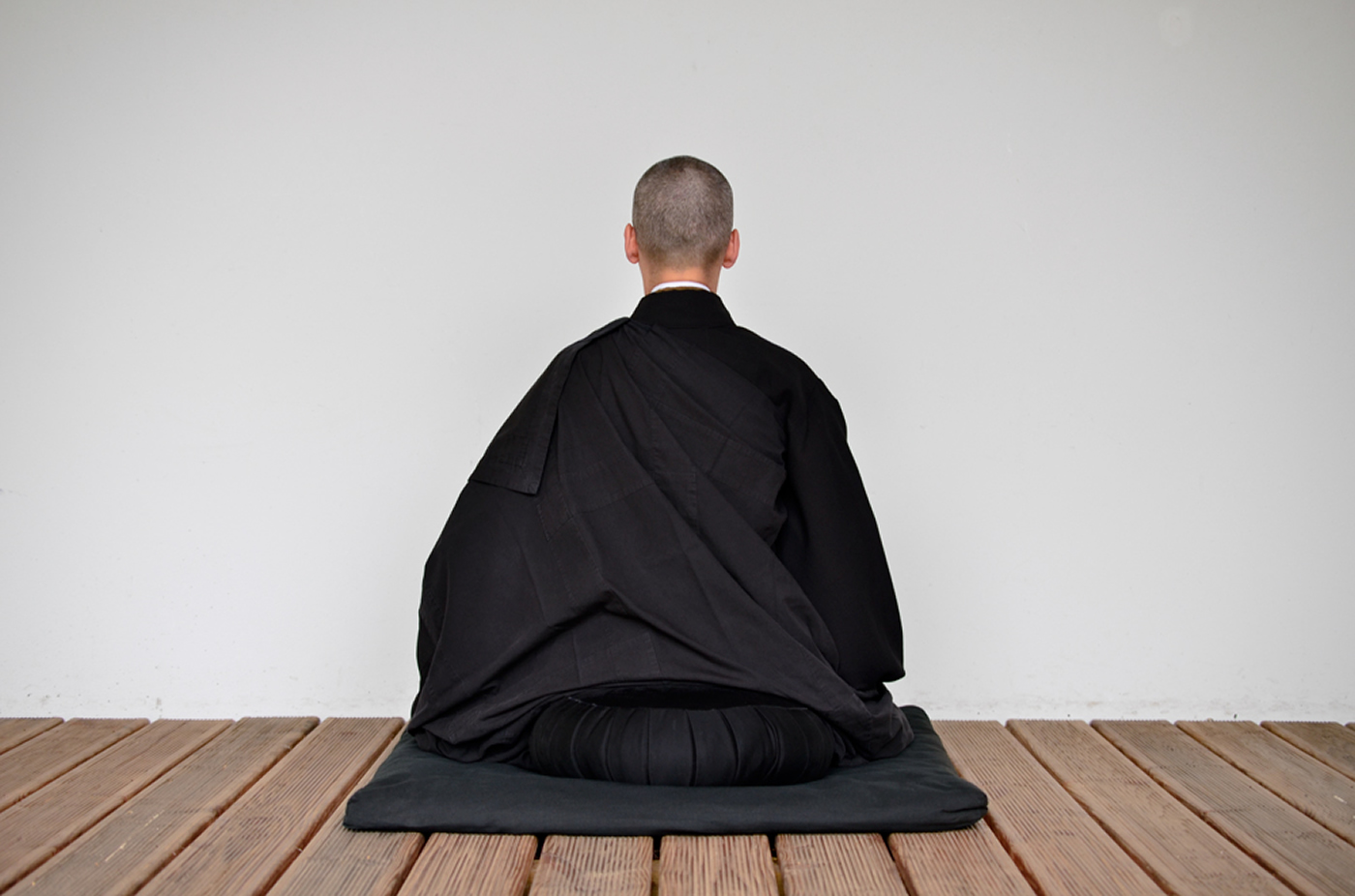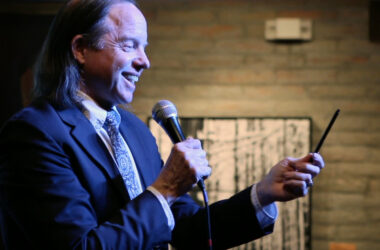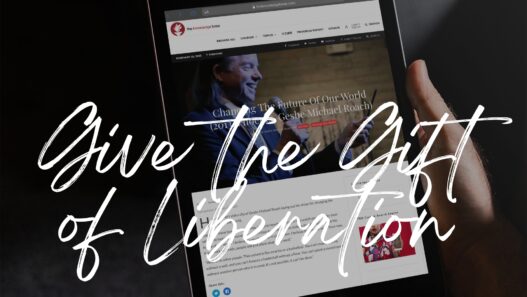Class 4: Planning for the lottery
Hi, welcome back to the Wheel of Life online retreat. This fourth session is going to be a meditation. We’re going to use the seven preliminary practices for meditation that we learned in the second segment, and we’re going try to have what we call a nam chi (NAM ‘CHI). nam chi means: can we recreate the experience of dying in meditation? Can we try to recreate what it’s going to feel like as we die? And then can we create new pathways in our mind that are going to kick in. They’re going to affect how we die.
And we’re going to do a meditation that my teacher asked me to do every night. So, of course we do our coffee meditation at night, just as we’re falling to sleep, but there is a tradition to practice dying as we fall asleep—because falling asleep is also a kind of a loss of our rough consciousness.
[su_icon icon=”icon: link” color=”#ff1259″ size=”20″ shape_size=”12″ url=”https://www.youtube.com/watch?v=cpfQHP6ioMw&t=5s” target=”blank”]Jump to this place in the video[/su_icon]So, let’s start our practice dying meditation. And the picture I chose for this meditation is a guy, he’s trying to cut the wire of a bomb. And that’s what we want to do also. We don’t want one of our old bad seeds—doesn’t matter which priority—we don’t want any of them to blow up in the moment that we die. We talked about four kinds of bad seeds fighting with each other—which one’s going to open first? But we’re going to use the daily practice of dying as we go to sleep to get used to calling up a good seed as our consciousness drifts off.
[su_icon icon=”icon: link” color=”#ff1259″ size=”20″ shape_size=”12″ url=”https://www.youtube.com/watch?v=cpfQHP6ioMw&t=2m4s” target=”blank”]Video[/su_icon]Okay, so here we go. Let’s meditate.
[su_icon icon=”icon: link” color=”#ff1259″ size=”20″ shape_size=”12″ url=”https://www.youtube.com/watch?v=cpfQHP6ioMw&t=3m32s” target=”blank”]Video[/su_icon]Sit up straight. The lower abdomen is slightly pulled in. You do that by exhaling extra when you come to the end of your breath. Little bit of a smile. Even though your eyelids are closed, if you gaze a little bit up … slightly, slightly up—not much. As if you were looking at the sun setting or something. That will help you stay more bright during your meditation.
Okay, here we go. Let’s take ten deep breaths. Deep exhales. Extra air going out at the end of the exhale.
Don’t worry about the inhale, he will take care of himself.
Here we go. Start number one with the exhale.
First of the seven preliminary steps: please invite one of your teachers to come and sit with you.
Now think about something you really loved about this teacher. Some quality about them that you really love. This is also part of the first step, which is honoring this teacher.
That also covers the second step: what makes our teacher most happy—the biggest gift we can make our teacher is to do good deeds. And just thinking about the very high good qualities of our teacher is one of the best good karmas we can make.
And when we make good karmas for ourselves, that’s the greatest gift we can give to our teacher. So, appreciate something about your teacher as a gift.
Now think of some negative seed you planted in the last 24 hours and regret it, and make some commitment to try not to do it in the next 24 hours.
Now, equal time, equal attention, great appreciation for something nice you’ve done in the last 24 hours.
Then ask your teacher to continue teaching you.
Then ask your teacher to stay in your life. Again, I like to spend about ten breaths on each of these steps. Sometimes twenty breaths if I want to enjoy them longer.
Now we’ll start the actual meditation.
Again, that seventh preliminary step actually comes after the meditation. So, after the meditation we’ll do the dedication. Let’s go through those four priorities of our seeds that’s going to be triggered at the last moment of our gross consciousness during death. Our awareness of this world, this life, it will end, and then our awareness will go back to some very primitive basic awareness that we’ve always had in our many lifetimes.
We talked about the bad seeds before, but now in this meditation, and for the rest of your life, when you go to sleep you can do this meditation.
[su_icon icon=”icon: link” color=”#ff1259″ size=”20″ shape_size=”12″ url=”https://www.youtube.com/watch?v=cpfQHP6ioMw&t=15m13s” target=”blank”]Video[/su_icon]Number one: first-in/first-out.
What was a very early good karma I can remember doing? Maybe I was a little kid in the school, maybe I helped another child in the school to do their homework or something.
What’s an early good karma in my life that I can still remember? Normally, that one will open first as I die, so please go ahead and think of something sweet you did. Even a small thing as a small child.
Now normally that seed, because it was first in, would be first out. So, you could expect it perhaps to open early as you die, but maybe there’s other seeds that you planted later in your life—maybe in your twenties. Good actions that you repeated over and over. Maybe you were a volunteer for some kind of charity, and maybe one day a week for a year, you donated your time. So that good seed is going to push back the other one, and it’s going to be the seed that opens as you die.
Imagine dying and this seed opening. Again, dying is not losing all consciousness; it’s the the end of the gross awareness of this life, and then suddenly you’re just back to a very basic, almost animal, awareness.
Try to imagine where that habitual good seed—maybe work for a charity—what kind of lifetime would it project for you? What kind of lifetime might it create? Maybe a very happy life where people are always helping you.
Now, the next one we can only imagine.
Suppose we are actually in the hospital, we are dying—again, which just means that the awareness is going to drop from a detailed awareness of this life to sort of a very basic primitive awareness—and suppose that a relative of ours just runs their hand down our arm with a lot of love. Just lightly they brush our arm with love. They run their hand down their arm. And that touch on my arm reminds me of years ago a friend of mine—maybe someone they loved—died and then I went to their house and I was running my hand down their arm to comfort them.
And so at the most crucial moment of my life, as my rough mind stops, I remember something kind and considerate I did many years ago. And that seed inserts itself at that moment between the end of this life and going back to my very basic state of mind.
That memory of serving someone at the crucial moment of my death, it’s going to create a very beautiful future life.
Now, suppose instead that in those last moments of this life
I remembered the very, very best good karma I ever did in my whole life. Maybe I saved someone’s life.
Maybe I gave a lot of my money to someone who needed it. Try to remember. And we’re going to spend more time here. Try to remember the very, very best karma you ever planted in your whole life.
Now imagine that your new life is beginning from this very, very powerful good seed. If that whole life is defined by that one incredible good seed, what would that life be like?
We’ve finished the meditation. It’s time to do the seventh and final meditation preliminary, which is actually not a preliminary because it comes after the meditation. But, just thinking about all those good seeds fighting for first position in our death, we made a lot of
good seeds just by thinking about our good seeds.
So, let’s give those seeds away as golden light.
Three long, happy exhales… the golden light… sharing those seeds with the whole world.
And then slowly open your eyes. Take a good stretch.
And we’ll see you for session five of our lam rim Wheel of Life.
Thank you.

